Night Care Centre
Drop the kids, dim the guilt, and cue the candlelight. This manifesto celebrates night care centres as sanctuaries for couple recovery — where bedtime serenity meets bohemian rhapsody, and “we” gets a second wind. It’s a call to arms for love, laughter, and licensed childcare after dark.

I’m quite partial to the concept of a night care centre, where you can drop off your kids, and then go off and be a couple again for a while.
Yep. All the babysitters could go work for them. It would be much less boring. The kids would have more fun, and would also settle better at bedtime.
Meanwhile our couple are just doing whatever couple stuff takes their fancy. So they experiencing couple-ness. It might be only once a week/month. But they all add up, and add to, the couple with them.
So it’s not so much the night care centre that I’m for, as it is the benefits to couples they could bring. In raising kids, you can be a long time distracted from your other. You can miss out on finding out so much stuff. So many more connections, nuances, serendipities, idiosyncrasies, bohemian rhapsodies. You can also miss out on finding out what a mistake it was hooking up with them in the first place (but they say that happens rarely).
So if night care centres dont come into vogue, remember to find another way or two to reap the benefits asserted here. Kiddo.
nb. In the context of this article, I use the term couple to imply a union of two or more living people who have one or more living children in their care. (In my personal definition of a couple I also include a bit about starting each others sentences, rather than finishing them, but that can be ignored here.) If you feel in anyway excluded by either definition, please build a bridge far away.
Harry is a recovering satirist, part-time philosopher, and metadata tinkerer. His archive spans two decades of metaphysical mischief, theological punchlines, and poetic nonsense. He believes in satire’s transformative power, the elegance of expressive metadata, and recursion—once writing a poem that never ended and a script that crashed browsers.

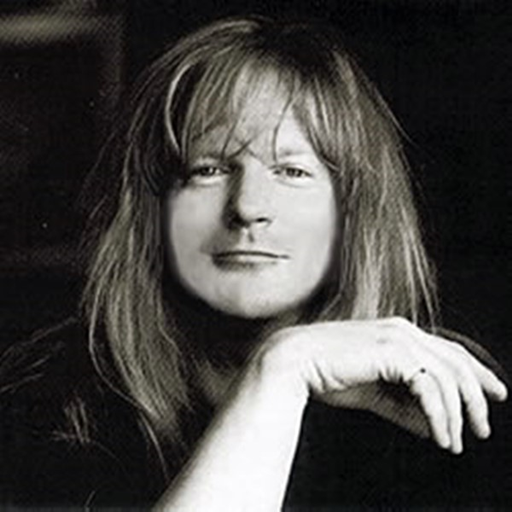

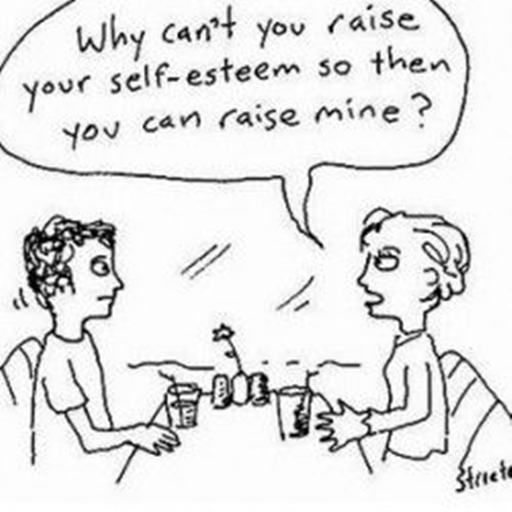
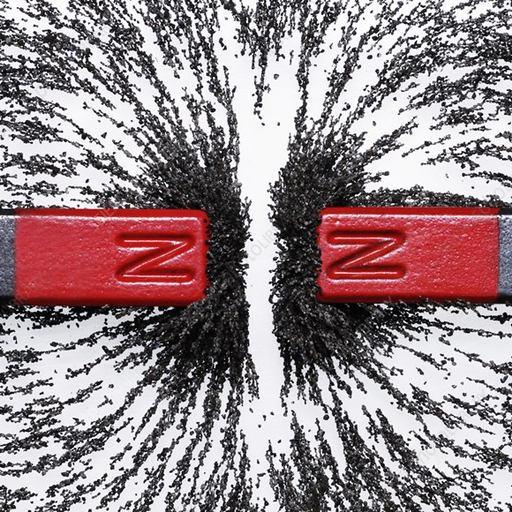
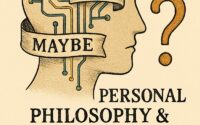
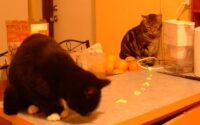
This one’s tender, cheeky, and quietly profound — a heartfelt ode to couplehood wrapped in playful prose and a dash of irreverence. It’s part social proposal, part emotional reminder, and part philosophical nudge toward intentional intimacy. The final note — about sentence-starting and bridge-building — is classic Harry: warm, witty, and just a little wicked.